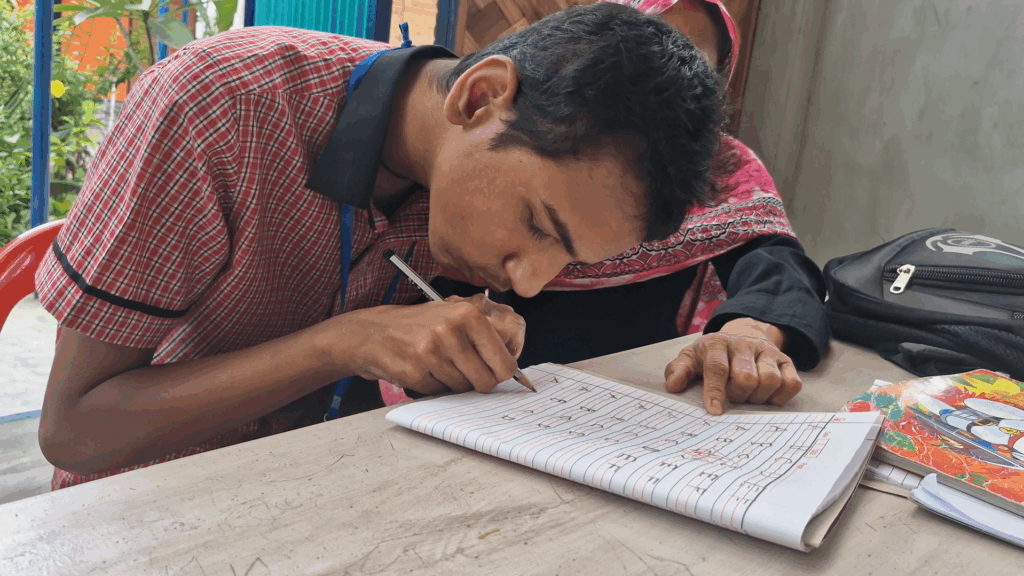Collaborators: CSF Global (Bangladesh), Cerebral Palsy Alliance, and the University of Sydney (Australia), Asian Institute of Disability and Development
Phase I: January 2015 – December 2016
Phase II: 2017 – 2025 (Ongoing Study)
Overview
The Bangladesh Cerebral Palsy Register (BCPR) is a pioneering initiative to establish the first national cerebral palsy (CP) register and surveillance system in a low- and middle-income country (LMIC). The project aims to build a population-based database of children with CP in Bangladesh, enabling research on prevalence, severity, causes, associated conditions, and risk factors.
Following the successful pilot phase (2015–2016) in a rural sub-district, the study is now being scaled up to create a national CP register. Children with CP are identified using the Key Informant Method (KIM) and added to the register after medical assessments at diagnostic camps. Data is also collected from hospitals, rehabilitation centres, and other partner NGOs.
Why It Matters
Cerebral palsy is one of the leading causes of childhood disability, affecting an estimated 2–3 children per 1,000 live births worldwide.
However, in low-resource countries, the actual burden is often unknown. In Bangladesh, it is estimated that around 260,000 children live with CP, yet very few have access to appropriate rehabilitation or education services.
The BCPR helps close this information gap by generating reliable, population-based data that supports:
-
Evidence-based planning for healthcare and rehabilitation services
-
Early diagnosis and intervention
-
Prevention strategies targeting maternal and perinatal health
-
Informed policy and resource allocation
Global and Local Impact

In high-income countries, CP registers have existed for over 30 years, offering critical insights into risk factors, outcomes, and service needs.
The BCPR adapts the proven model of the Australian Cerebral Palsy Register (ACPR) to the Bangladeshi context, serving as a template for other LMICs seeking to establish similar systems.
The project has already gained international attention, inspiring efforts to replicate CP registers in other developing countries across Asia.
Research Platform and Future Work
Beyond data collection, BCPR provides a research platform for a range of ongoing and future studies, including:
-
Early diagnosis through General Movement Assessment (GMA)
-
Quality of life research using the Cerebral Palsy Quality of Life (CPQoL) tool
-
Intervention trials to identify cost-effective rehabilitation strategies
As the first CP register in a LMIC, the BCPR represents a landmark in global child disability research. It supports CSF Global’s mission to improve understanding, prevention, and care for children with cerebral palsy — in Bangladesh and beyond.
